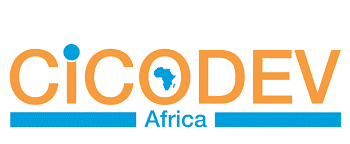Senegal has adopted several social protection policies based on the Plan Senegal Emergent (PSE).
The Pan African Institute for Citizenship, Consumers and Development (CICODEV Africa) delivered its recipe for adequate financing of social protection in Senegal on Wednesday, March 22, during a hearing before the Economic, Social and Environmental Council (EESC).
The Executive Director of CICODEV, Amadou Kanoute said that the financing of social protection in Senegal requires only 2 percent of the country’s budget estimated at 6,000 billion CFA francs. The amount is “derisory” and he called for more consultation, communication and will to definitively solve the problem of financing.
“We are tempted to ask what the problem is? Only 2 percent of the budget to finance Social Protection in all its components (CMU, National Program of Family Security Grant, free caesarean section, free care 0-5 years, Equal Opportunity Card, hemodialysis, etc.),” said Mr. Kanoute.
He said that this percentage comes from a study conducted in 2023 by the Research Laboratory on Economic and Social Transformations LARTES/IFAN of Cheikh Anta Diop University as part of a project funded by the European Union that CICODEV leads in consortium with Migration, Citizenship and Development (GRDR) and the Departmental Council of Rufisque as an associate. The project aims to strengthen civil society for effective social protection.
On Wednesday, March 22, CICODEV Africa was the guest of the Economic, Social and Environmental Council (CESE) for a hearing on the “sustainable financing of social protection in Senegal.” An opportunity seized by the Executive Director of CICODEV to return to the foundations of social protection analyzed from the perspective of social and territorial equity, poverty exclusion and social mobility. He addressed the priority sectors of CICODEV in Social Protection, namely Universal Health Coverage, Family Security Grants and School Canteens.
TE/lb/abj/APA


